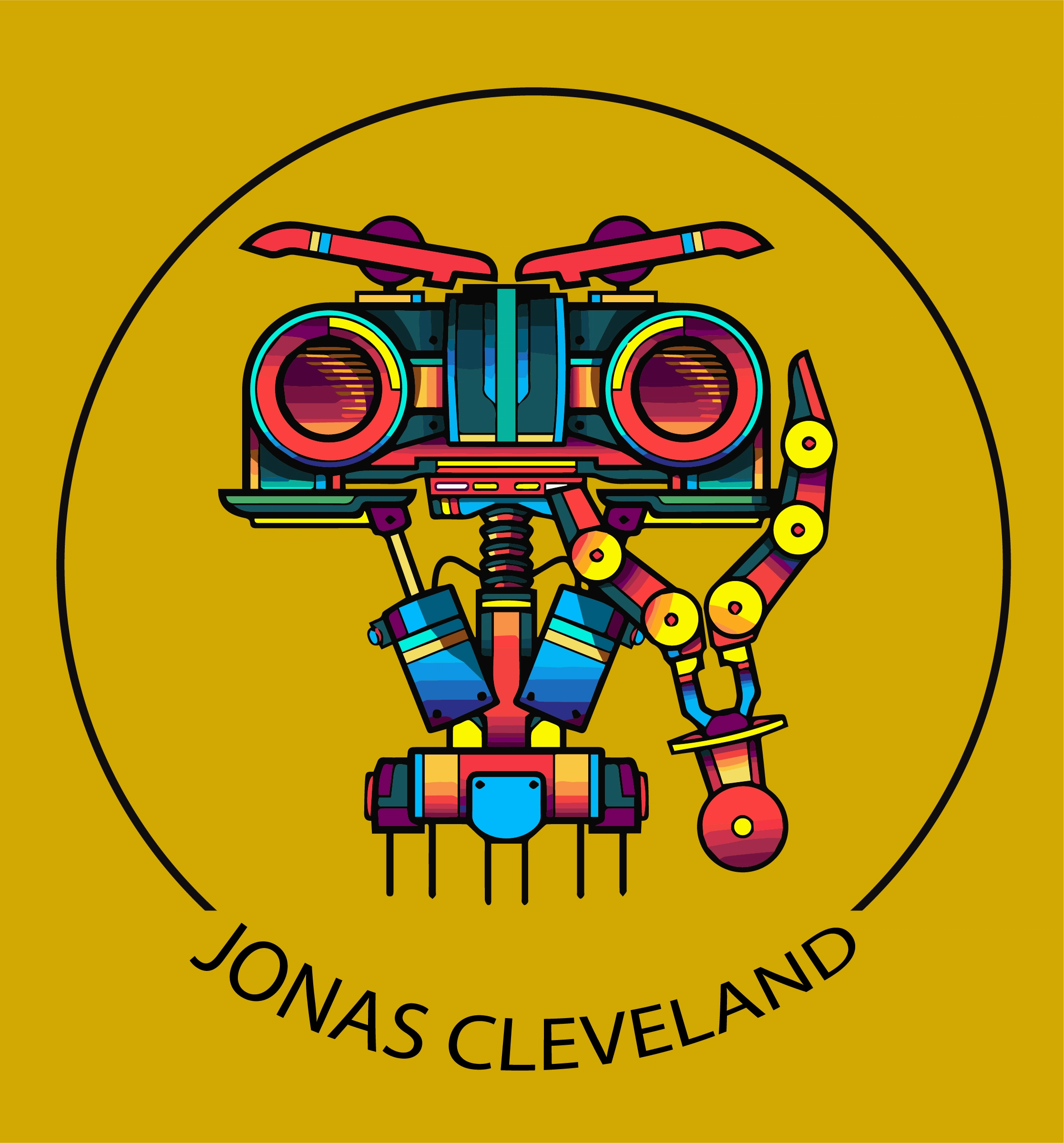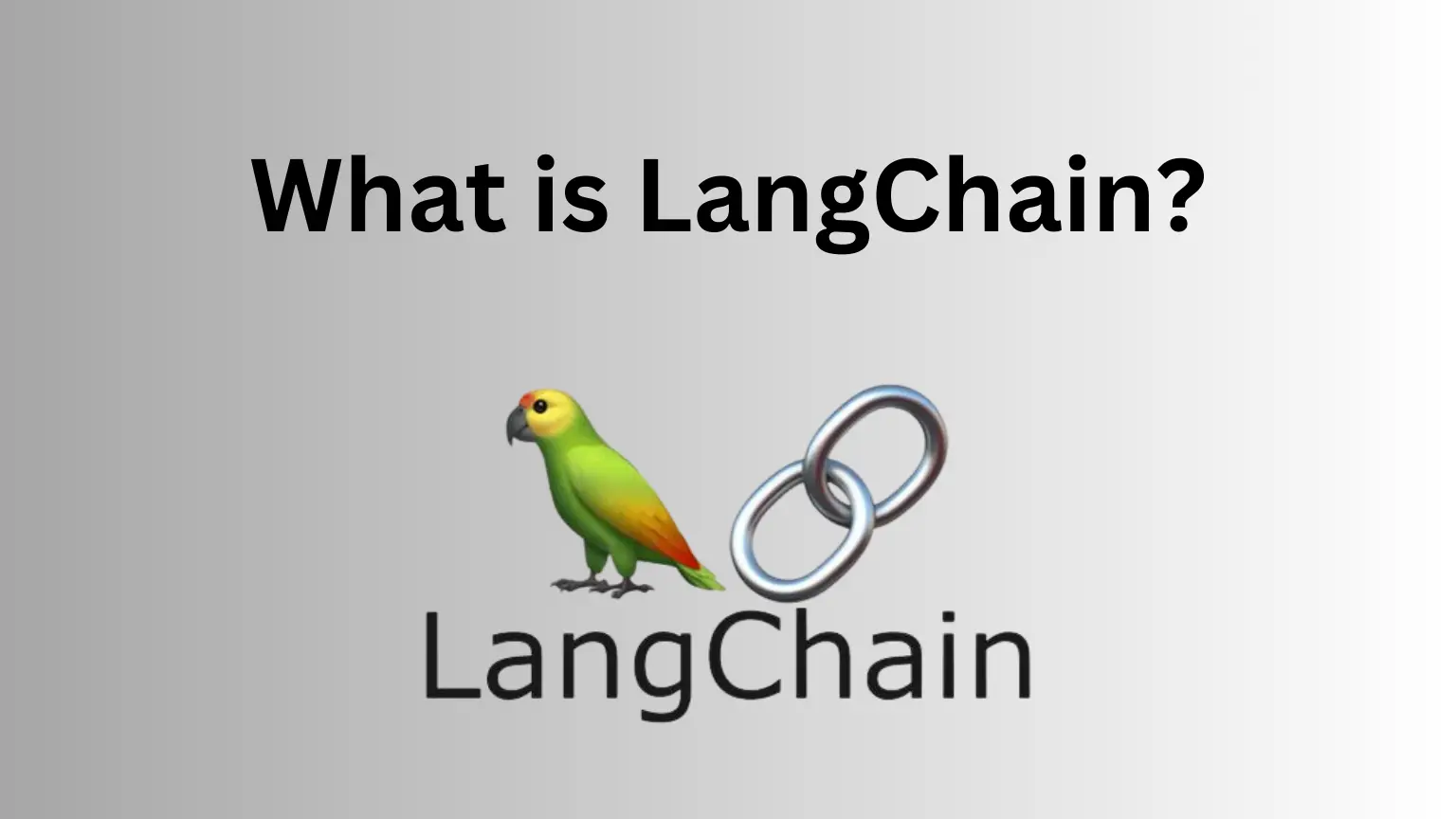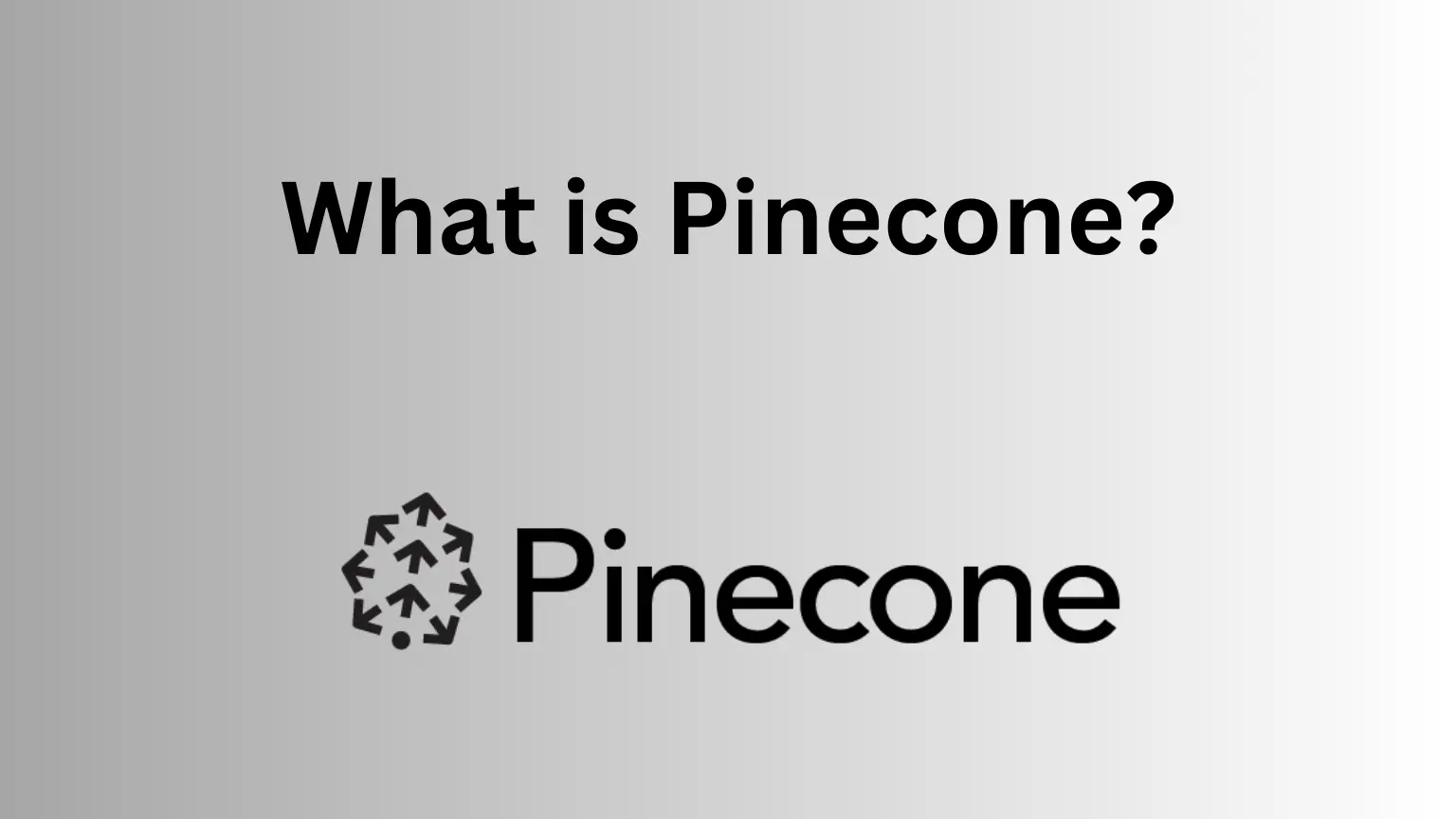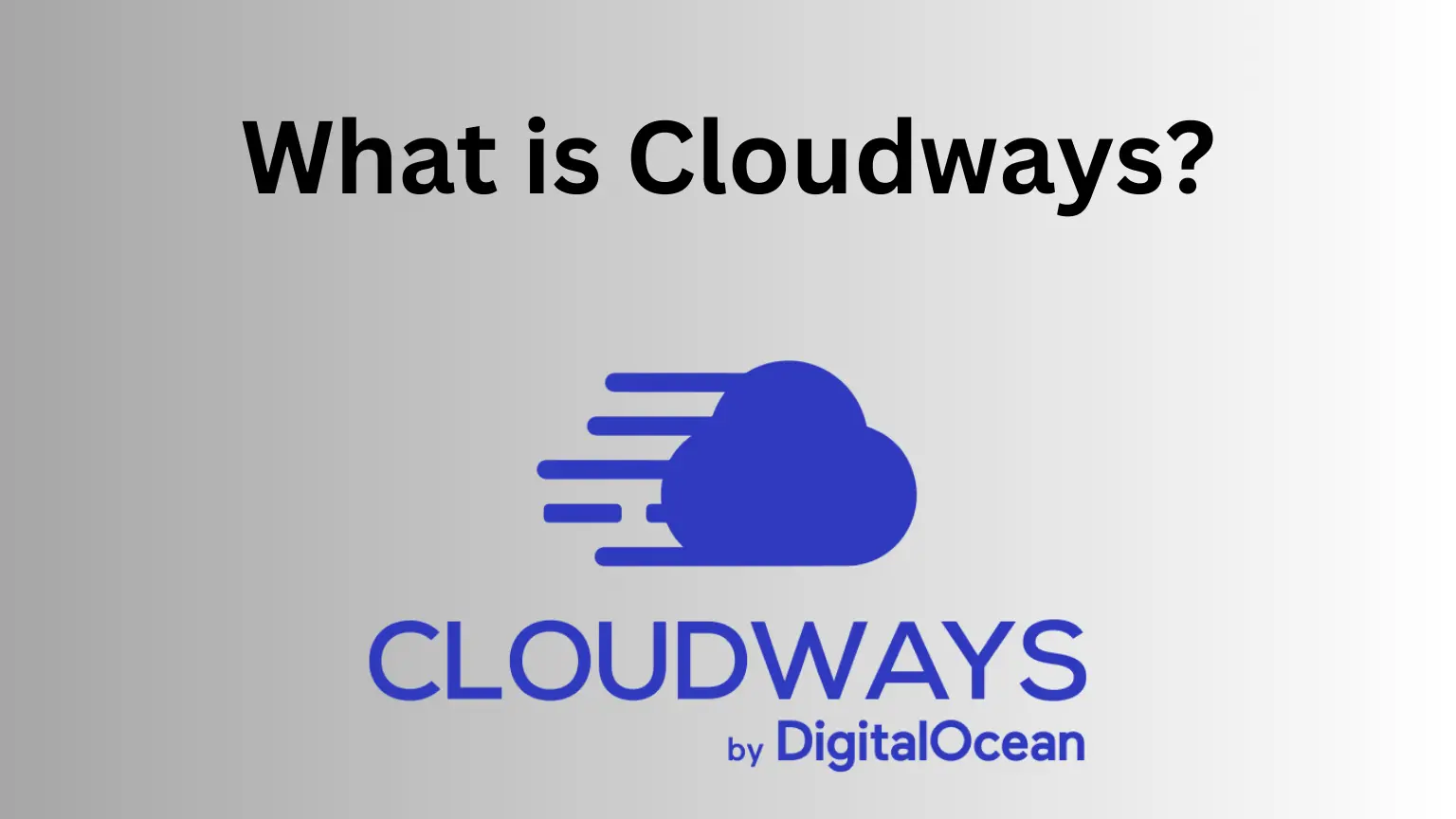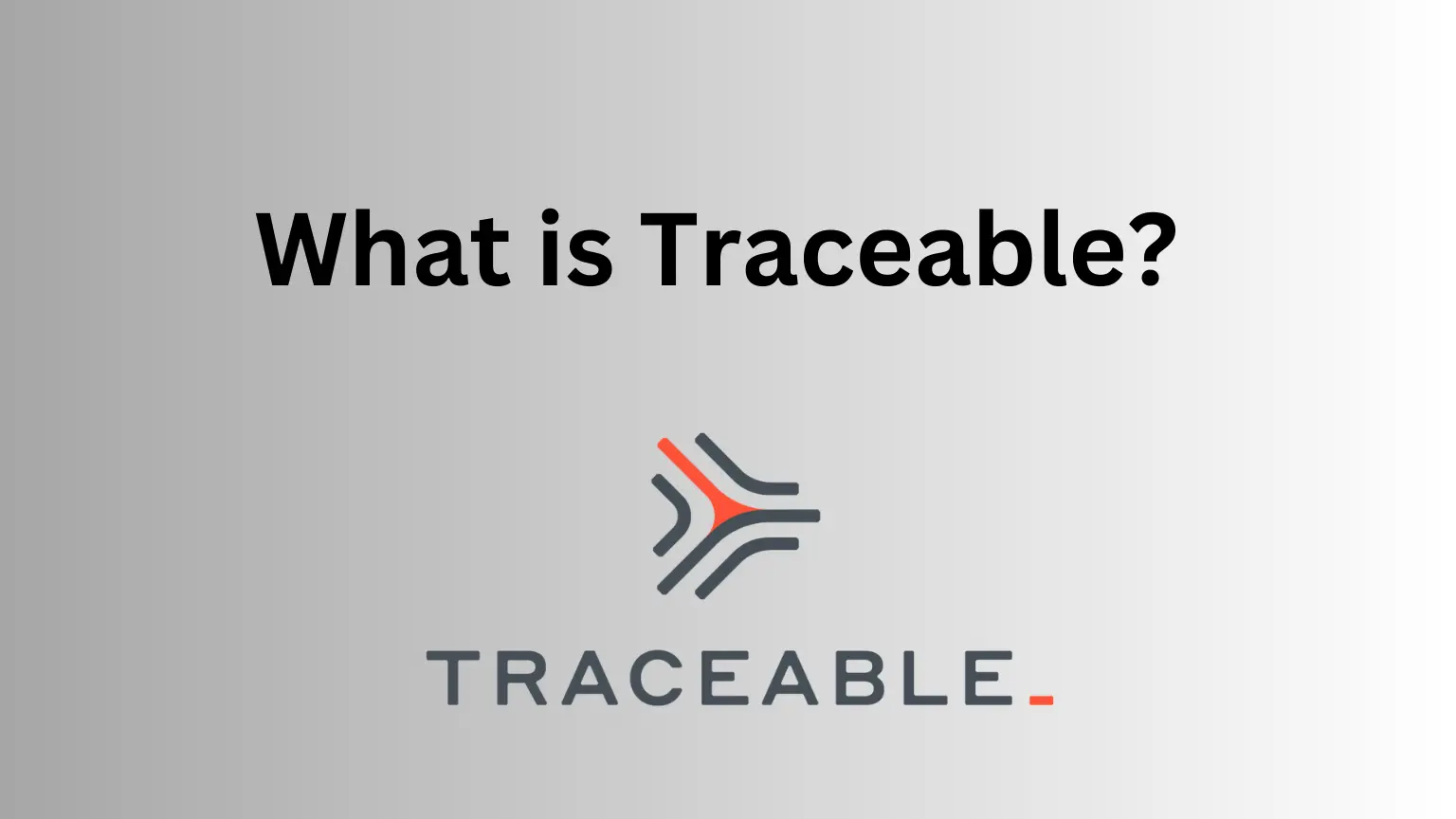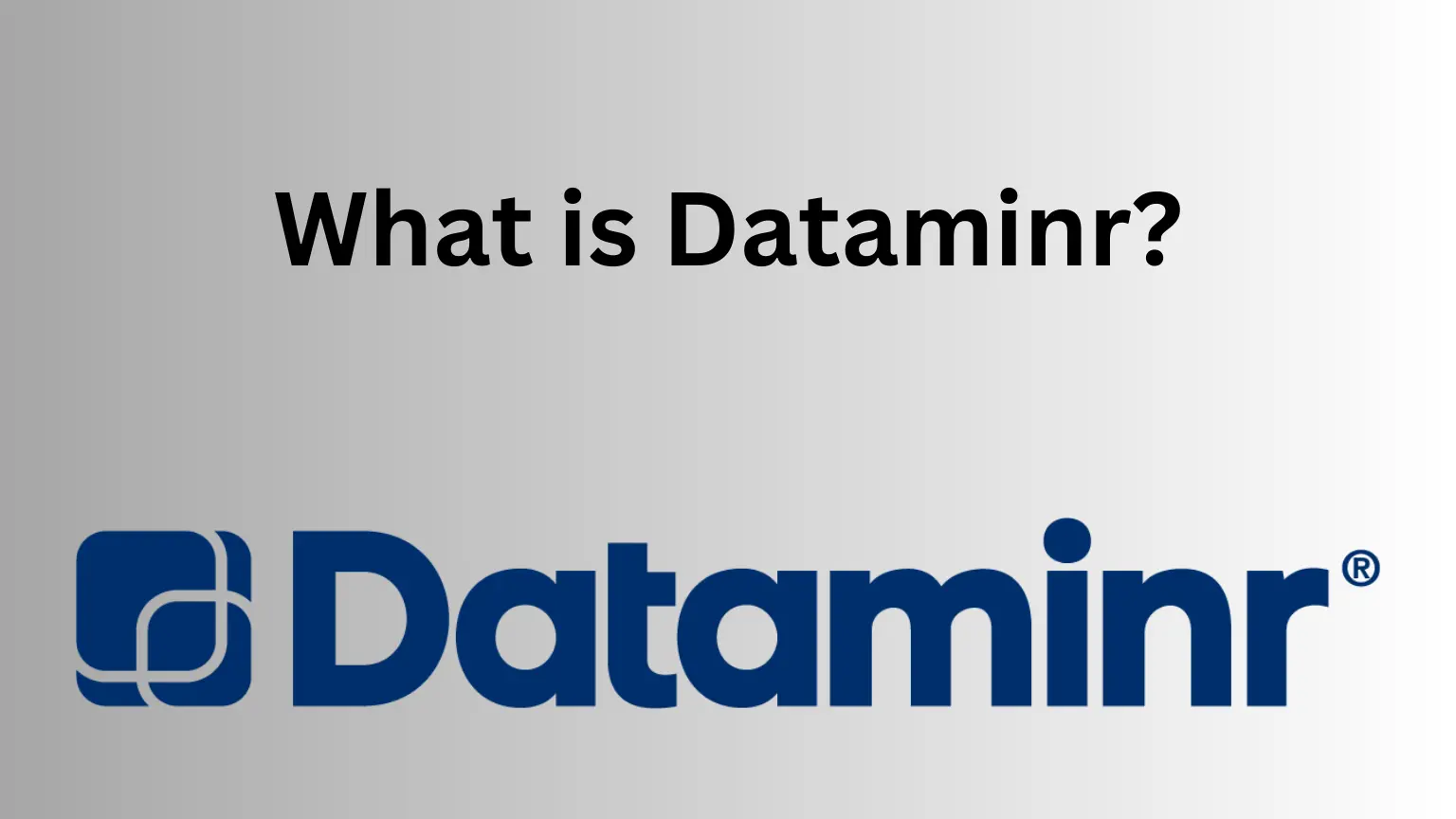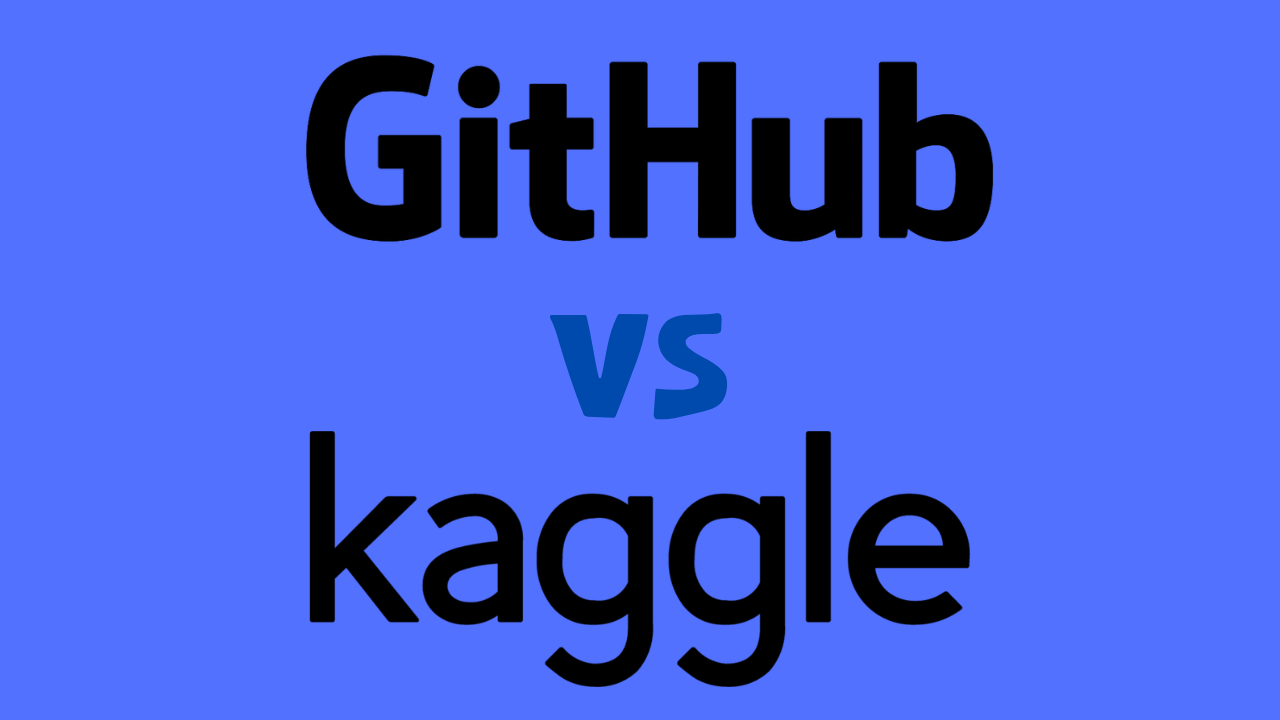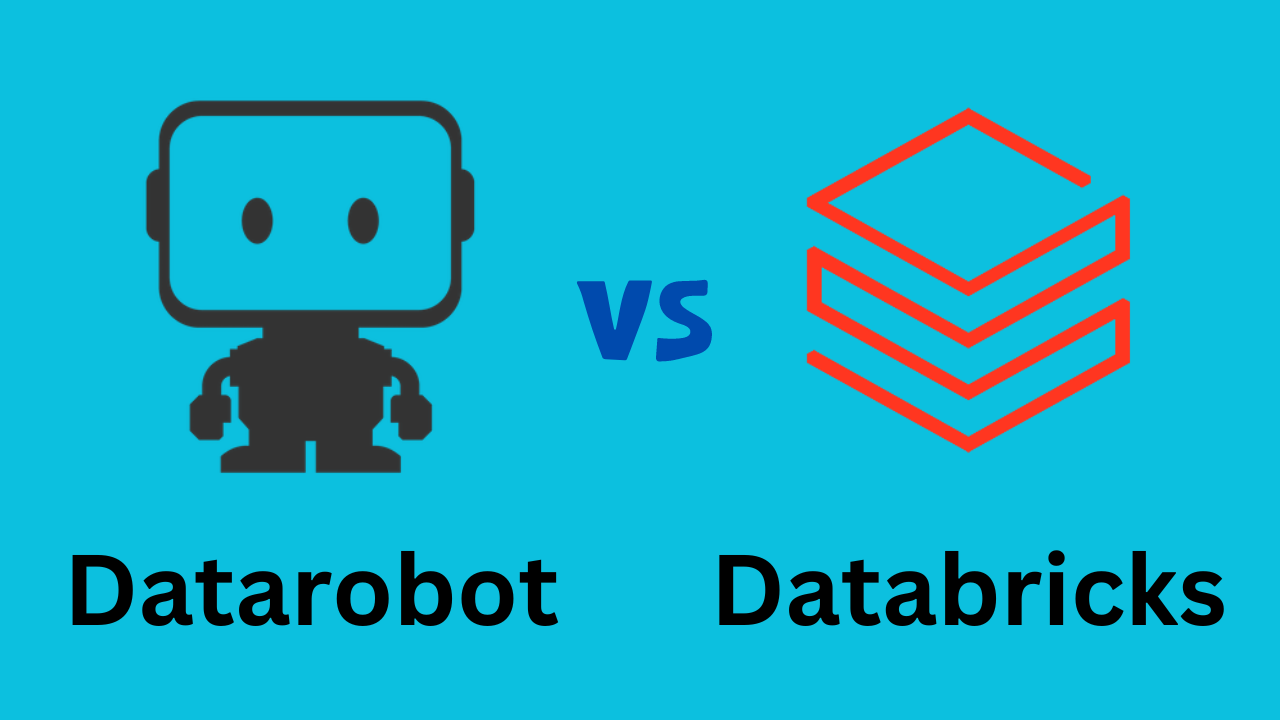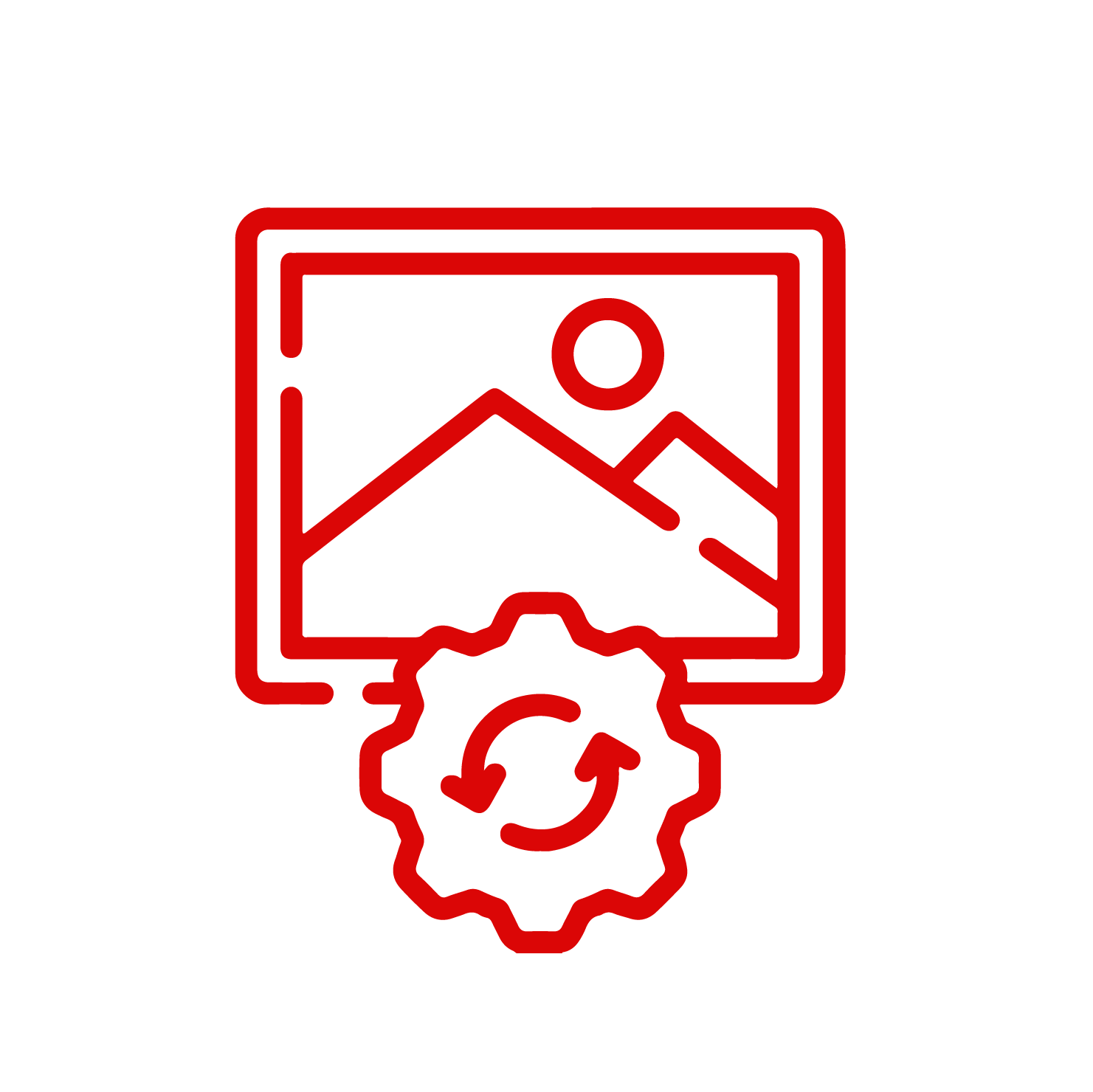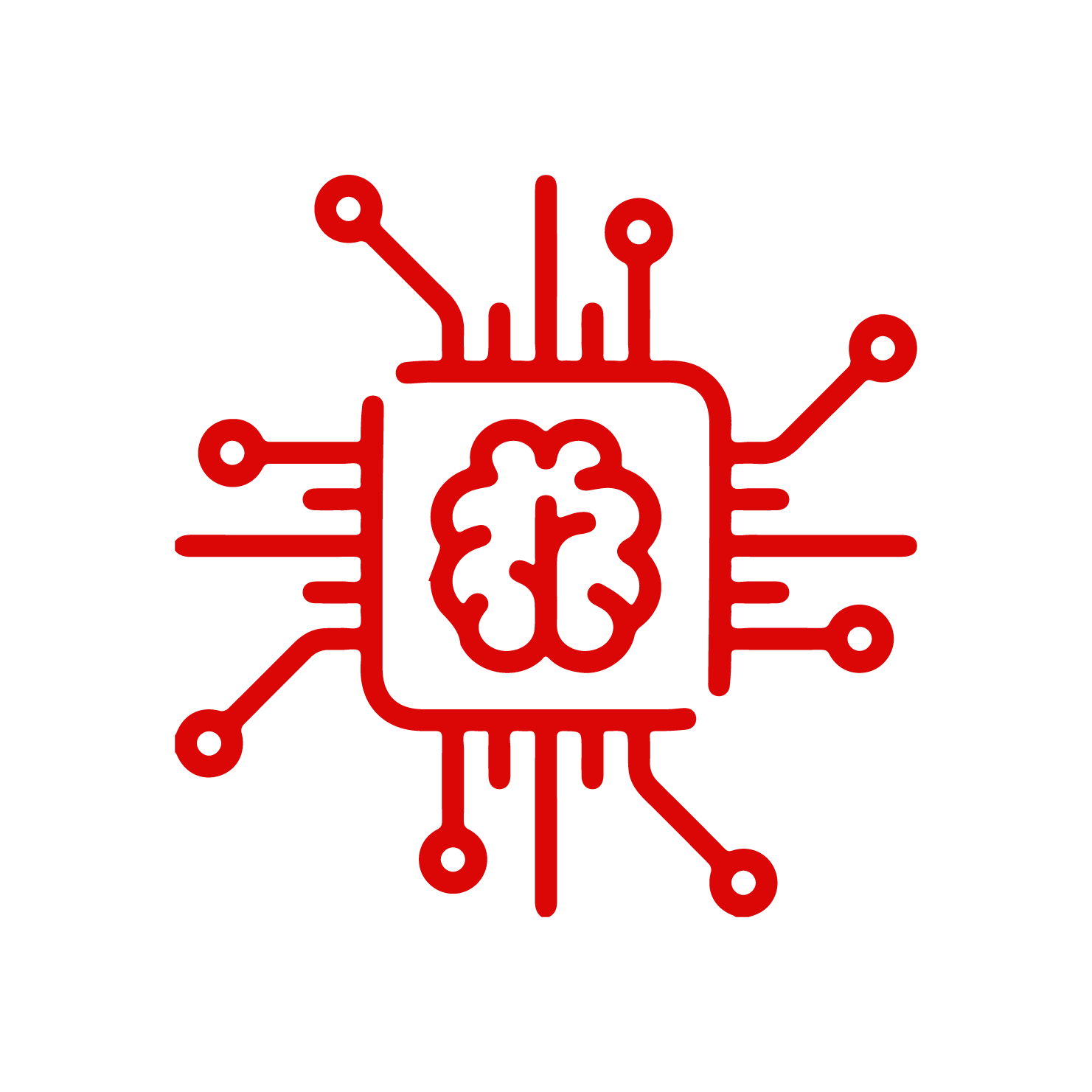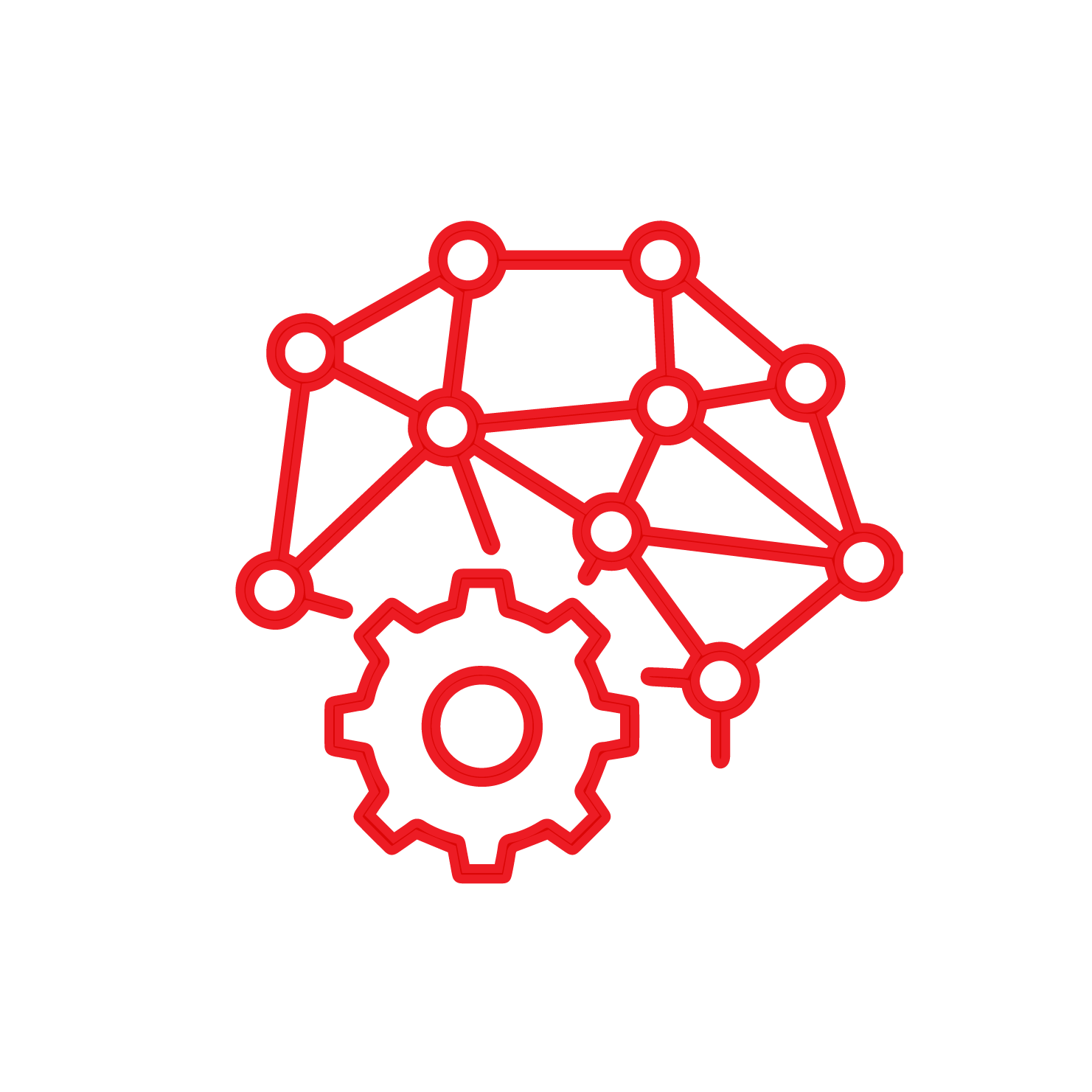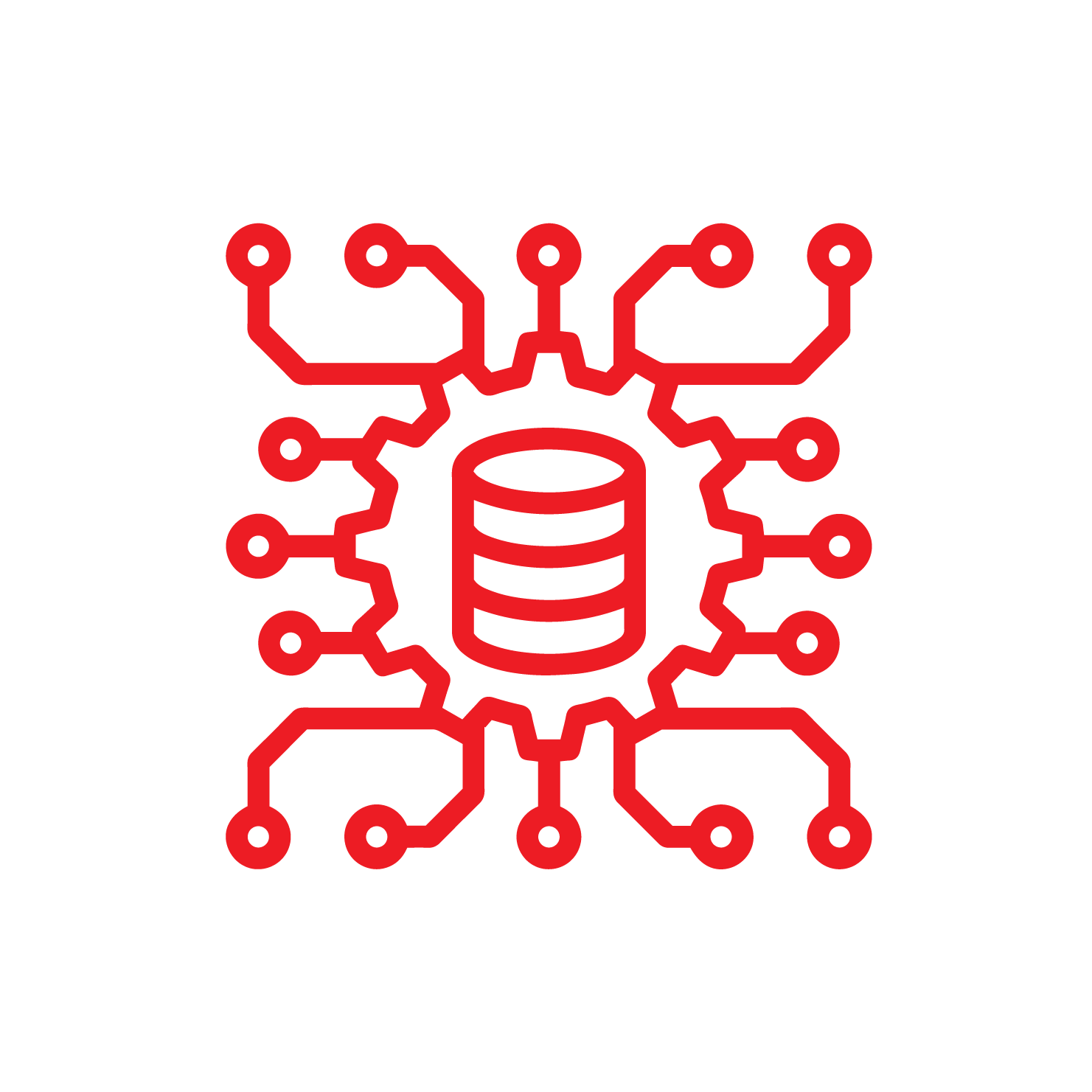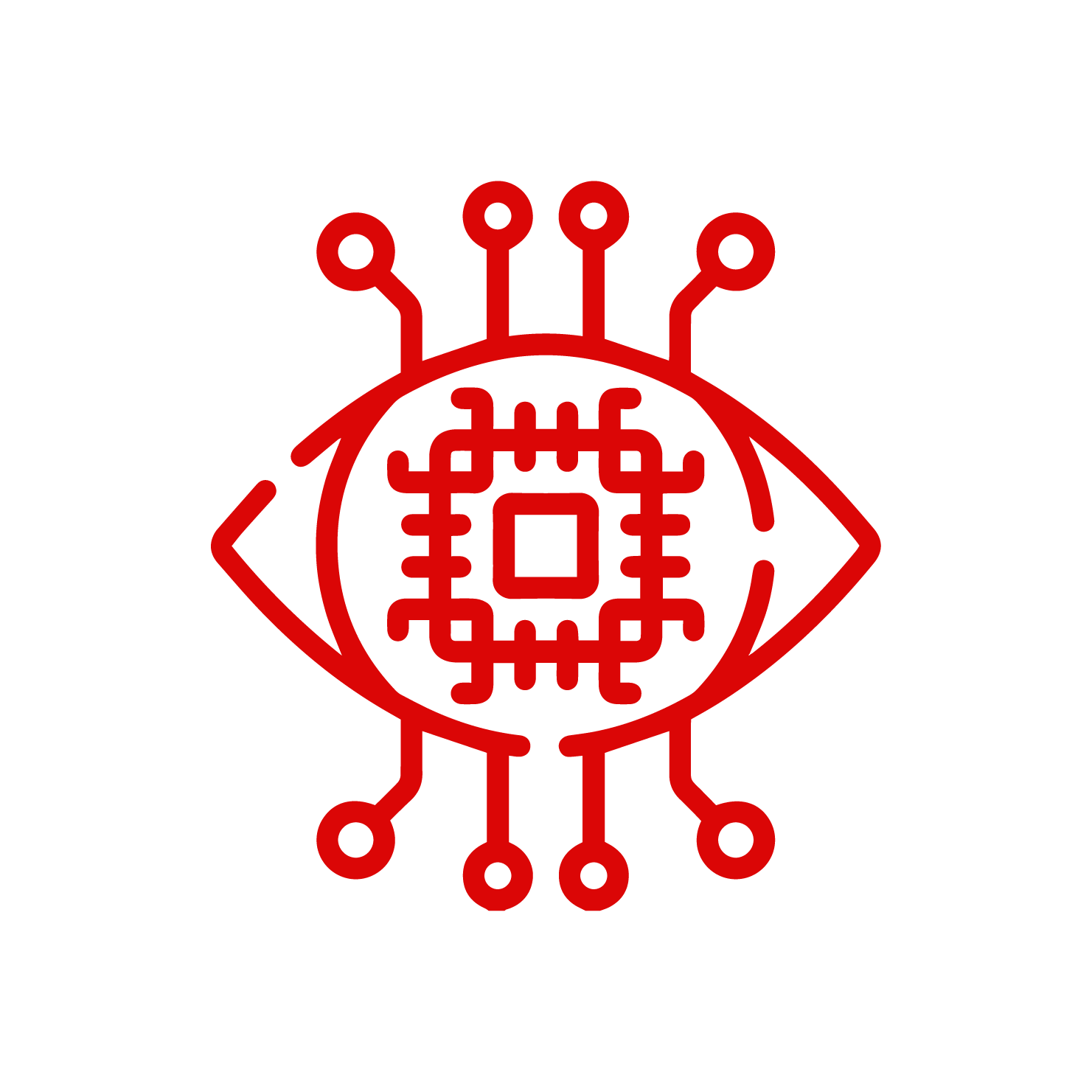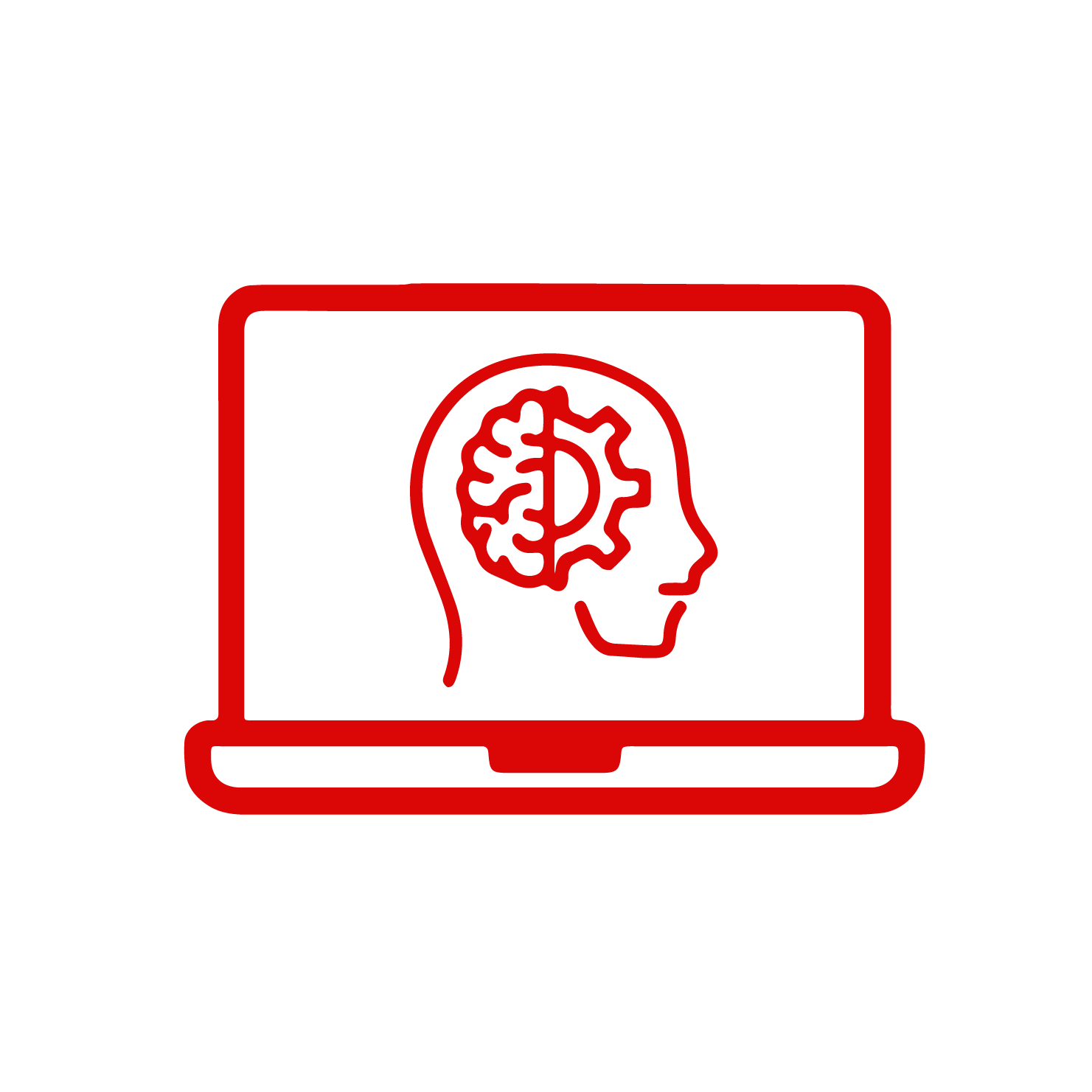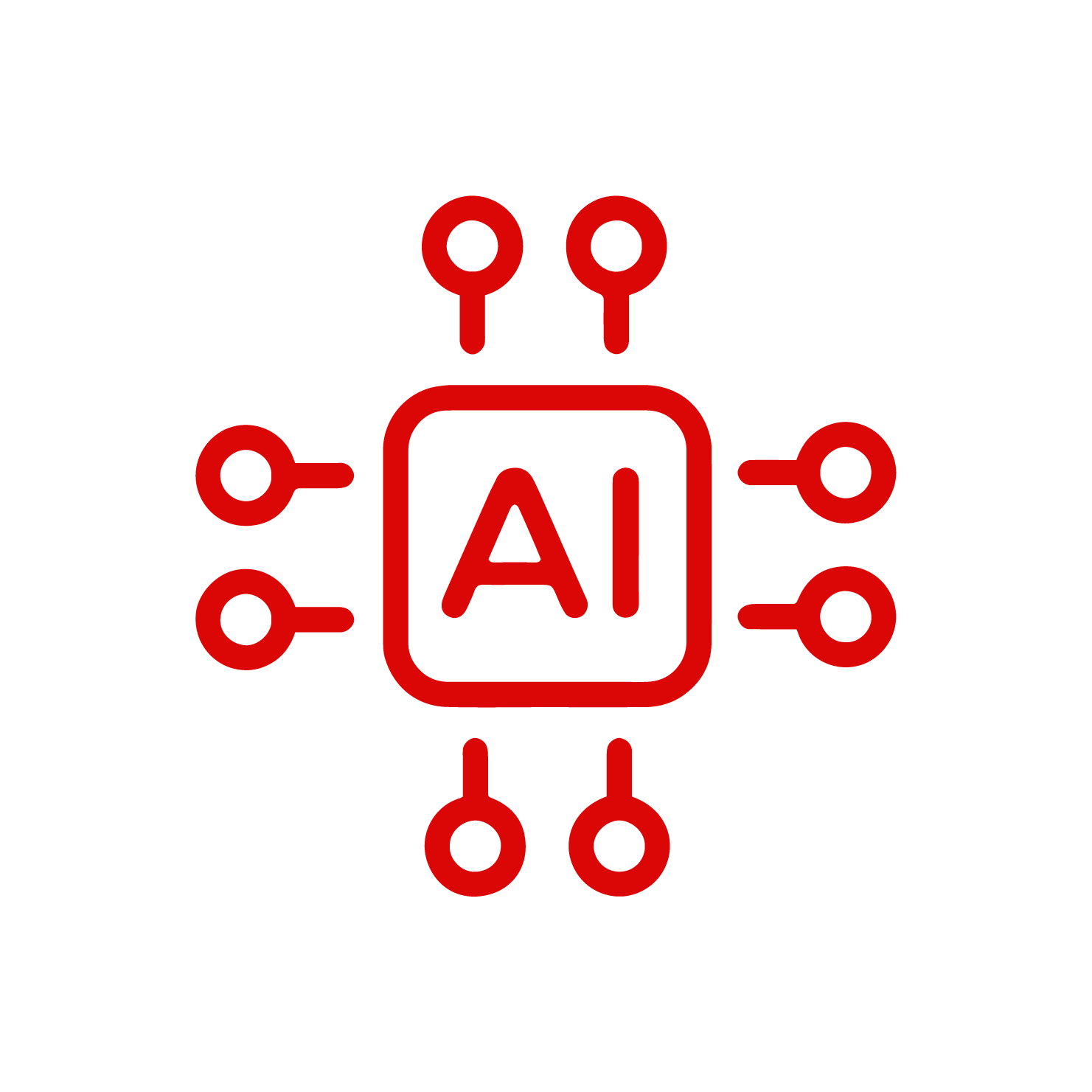Welcome to our comprehensive analysis of Kaggle and DataCamp for data science learning. In this guide, we will provide an in-depth comparison of these two popular online learning platforms, exploring their strengths, weaknesses, and suitability for different types of learners. Whether you’re an aspiring data scientist or a seasoned practitioner looking to expand your skills, this guide will help you make an informed decision on which platform to choose. So let’s dive in and explore the world of data science education with Kaggle vs DataCamp!
Kaggle: Unleashing the Power of Competitions and Collaboration
Core Features:
- Data Science Competitions: Kaggle offers a wide range of data science competitions that simulate real-world scenarios, allowing learners to apply theoretical concepts to practical situations. These competitions cover a variety of topics and industries, providing exposure to diverse datasets and challenges.
- Kernels for Code Sharing: Kaggle’s Kernels feature allows users to share and collaborate on code, making it easy to learn from others and get feedback on your own work. Kernels can be used for data exploration, visualization, modeling, and more.
- Datasets for Practice: Kaggle provides a vast collection of datasets for learners to practice their data science skills. These datasets cover a wide range of topics and industries, allowing learners to explore different types of data and gain experience in data cleaning, preprocessing, and analysis.
- Community and Collaboration: Kaggle has a vibrant community of data scientists, learners, and enthusiasts who share knowledge, provide feedback, and collaborate on projects. This community provides a space for discussions, knowledge sharing, and collaborative learning.
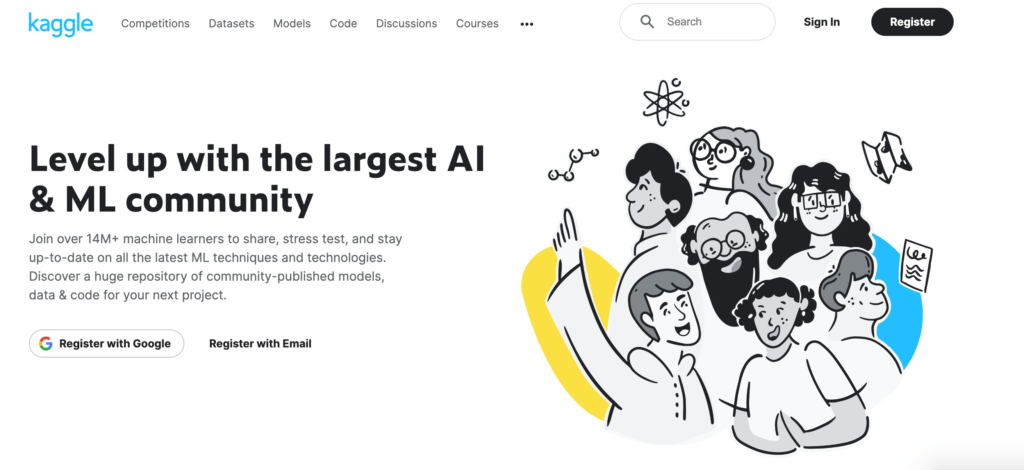
Advantages of using Kaggle for learning data science:
- Real-World Problem Solving: Kaggle’s competitions simulate real-world scenarios, encouraging learners to apply theoretical concepts to practical situations. This helps learners develop problem-solving skills and gain experience in working with real data.
- Exposure to Diverse Datasets: Kaggle offers a plethora of datasets across industries, exposing learners to various data types and challenges. This helps learners gain experience in working with different types of data and prepares them for real-world data science projects.
- Peer Learning and Collaboration: Kaggle’s community provides a space for learners to collaborate, share knowledge, and get feedback on their work. This helps learners learn from others, get new perspectives, and improve their skills.
- Industry Recognition and Networking: Engaging in Kaggle competitions can garner attention from industry professionals, opening doors for networking and career opportunities. Kaggle also provides certificates of completion for competitions, which can be added to a learner’s resume to demonstrate their skills and achievements.
DataCamp: Interactive Learning and Skill Building problem
Overview of DataCamp’s Key Features:
Interactive Coding Exercises: DataCamp provides interactive coding exercises that allow learners to practice their skills and get immediate feedback. These exercises cover a wide range of topics and technologies, from data manipulation and visualization to machine learning and deep learning.
- Skill Tracks and Career Paths: DataCamp offers structured learning paths that cater to various career tracks, offering a well-rounded education on essential data science topics. These paths include courses, projects, and challenges that help learners develop practical skills and prepare for real-world data science projects.
- Projects and Challenges: DataCamp’s projects and challenges enable learners to apply their skills to real-world scenarios, fostering practical application and skill development. These projects cover a wide range of topics and industries, allowing learners to gain experience in different types of data and problems.
- Hands-On Learning Through Coding: DataCamp’s approach to learning is hands-on and practical, with a focus on coding and real-world applications. This helps learners develop practical skills and gain experience in working with real data.
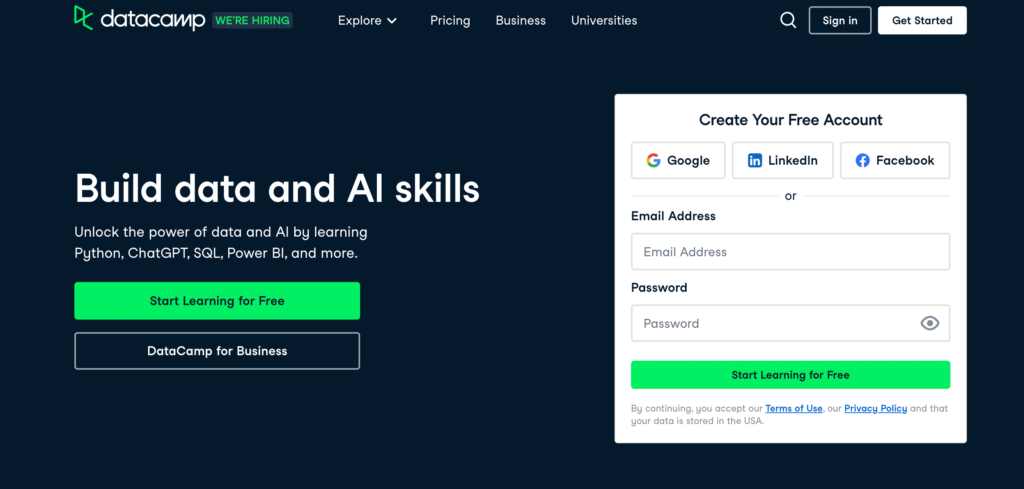
Advantages of using DataCamp for learning data science:
- Structured Learning Paths: DataCamp’s structured paths cater to various career tracks, offering a well-rounded education on essential data science topics. This helps learners develop a strong foundation in data science and prepares them for real-world data science projects.
- Immediate Feedback and Interactivity: DataCamp’s interactive coding exercises offer instant feedback, aiding in better comprehension and skill refinement. This helps learners learn at their own pace and get immediate feedback on their progress.
- Practical Coding Skills Development: DataCamp’s focus on hands-on learning and real-world applications helps learners develop practical coding skills that are relevant to their career goals. This helps learners prepare for real-world data science projects and stand out in the job market.
- Focus on Specific Skills and Technologies: DataCamp’s courses and projects focus on specific skills and technologies, allowing learners to develop expertise in areas that are relevant to their career goals. This helps learners build a strong portfolio of skills and stand out in the job market.
Which Platform Should You Choose?
When deciding between Kaggle and DataCamp, there are several factors to consider:
- Learning Goals and Preferences: Consider your learning goals and preferences. If you prefer a more competitive and collaborative learning environment, Kaggle may be a better fit. If you prefer a more structured and guided learning experience, DataCamp may be a better fit.
- Prior Knowledge and Experience: Consider your prior knowledge and experience in data science. If you are a beginner, DataCamp may be a better fit as it offers a more gradual skill development approach. If you have some experience in data science, Kaggle may be a better fit as it offers more advanced and challenging competitions.
- Desired Level of Engagement: Consider your desired level of engagement. If you prefer to learn individually, DataCamp may be a better fit as it offers a self-paced learning experience. If you prefer to learn collaboratively, Kaggle may be a better fit as it offers a vibrant community of data scientists and learners.
- Budget Constraints: Consider your budget constraints. Kaggle offers free access to all its courses and competitions, while DataCamp offers a subscription-based model with a free trial period. If budget is a concern, Kaggle may be a better fit.
To leverage both platforms for a comprehensive learning experience, consider using Kaggle for real-world problem-solving and exposure to diverse datasets, and DataCamp for structured learning paths and practical coding skills development. You can also use Kaggle to apply the skills you learn on DataCamp to real-world problems and showcase your projects on Kaggle’s platform.
Conclusion
In conclusion, both Kaggle and DataCamp are powerful platforms for online data science education. Kaggle’s strengths lie in its real-world problem-solving approach, exposure to diverse datasets, and collaborative learning environment. DataCamp’s strengths lie in its structured learning paths, practical coding skills development, and focus on specific skills and technologies.
We encourage learners to explore both platforms based on their individual needs and goals. Depending on your learning preferences, prior knowledge and experience, desired level of engagement, and budget constraints, one platform may be a better fit than the other. However, leveraging both platforms can provide a comprehensive learning experience and help learners develop a well-rounded skill set.
FAQs
Is Kaggle the best way to learn data science?
Kaggle offers valuable resources and a thriving community that cater to data scientists at every proficiency level. Regardless of whether you’re just starting out and eager to acquire new skills while actively participating in projects, an experienced data scientist seeking competitive challenges, or somewhere in the middle, Kaggle provides a beneficial platform to explore.
Does Google hire from Kaggle?
Illustrating this point is the success story of Gilberto Titeric, who achieved the top-ranking position on Kaggle in 2015. His remarkable accomplishment not only led him to secure a position at Airbnb but also garnered job offers from renowned companies like Tesla and Google.
Is DataCamp worth it for data science?
Whether you’re aiming to enhance your skills, delve into programming languages, or deepen your understanding of data science and data engineering, investing in DataCamp courses holds considerable value. However, if your primary objective is to establish a career path or seek job opportunities, it’s essential to note that DataCamp lacks formal credentials to validate your learning.
References
